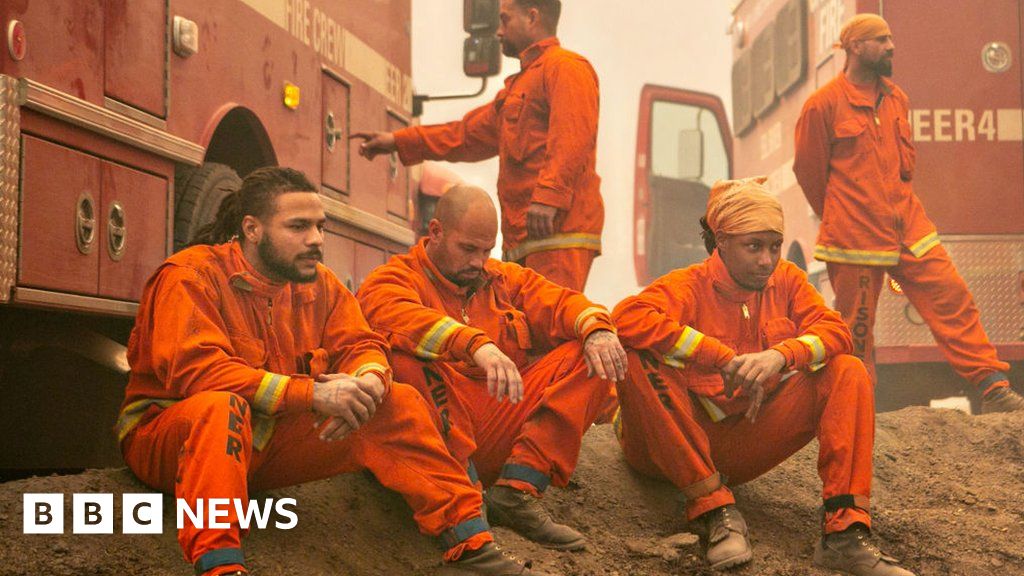sophie
Break My Heart
A major component of labor relations under capitalism for Marx, and indeed what makes it distinct from the systems of serfdom and slavery which proceeded it was the necessary “freedom” of the laborer. It must be entered into voluntarily by the worker, as contrasted with, say, serfdom, where your labor obligation to a lord is inherited and cannot be freely withdrawn. It is certainly akin to slavery as it is a system whereby relations of power are used to coerce an underclass to perform alienated labor to extract surplus value, but the particulars of the relations themselves and consequent logic are quite distinct.
I will say that people are getting a little too comfy playing the semantic game where they conflate “work” as in communal labor or necessary reproductive labor and the sort of coercive, exploitative labor which exists under capitalism. While it is certainly true that some labor is necessary to literally produce or gather food, build and maintain structures, etc, this is a far cry from the hierarchical alienated labor which capitalism necessitates. And, moreover, it’s simply not true, either in history or in present day to assert that such extractive labor practices - even in the abstract - are universally true as a matter of the human condition. Indeed, among all egalitarian hunter gatherer societies so far studied we do not generally see a requirement to work as a precondition for the granting of access to food/shelter/etc. In such societies, those in need are simply provided for those needs, irrespective of surplus value previously contributed.
It is part of the insidious nature of capitalism to frame its mechanisms as timeless and universal, when they are, in reality, purely historic, and one of the great contributions of Marxism has been to always situate capitalism squarely in that historical context.
I will say that people are getting a little too comfy playing the semantic game where they conflate “work” as in communal labor or necessary reproductive labor and the sort of coercive, exploitative labor which exists under capitalism. While it is certainly true that some labor is necessary to literally produce or gather food, build and maintain structures, etc, this is a far cry from the hierarchical alienated labor which capitalism necessitates. And, moreover, it’s simply not true, either in history or in present day to assert that such extractive labor practices - even in the abstract - are universally true as a matter of the human condition. Indeed, among all egalitarian hunter gatherer societies so far studied we do not generally see a requirement to work as a precondition for the granting of access to food/shelter/etc. In such societies, those in need are simply provided for those needs, irrespective of surplus value previously contributed.
It is part of the insidious nature of capitalism to frame its mechanisms as timeless and universal, when they are, in reality, purely historic, and one of the great contributions of Marxism has been to always situate capitalism squarely in that historical context.


